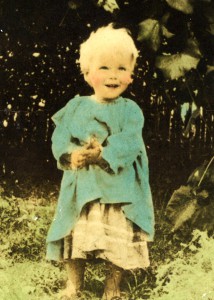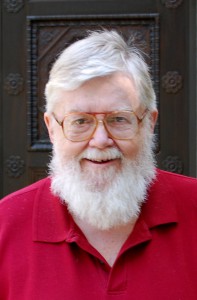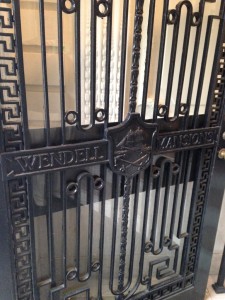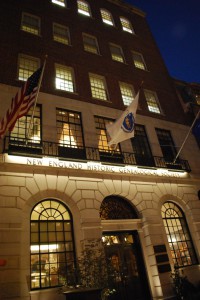 At the moment, I am working on three different family histories, two of them for families in Boston, and one for a New York Dutch clan.
At the moment, I am working on three different family histories, two of them for families in Boston, and one for a New York Dutch clan.
As part of the research process, each of these family histories will, at some point, generate a questionnaire for modern-day family members. With each book project, the question arises: How best to encourage family members to fill out yet another form, in this case running to several pages? Continue reading Social media for genealogists




